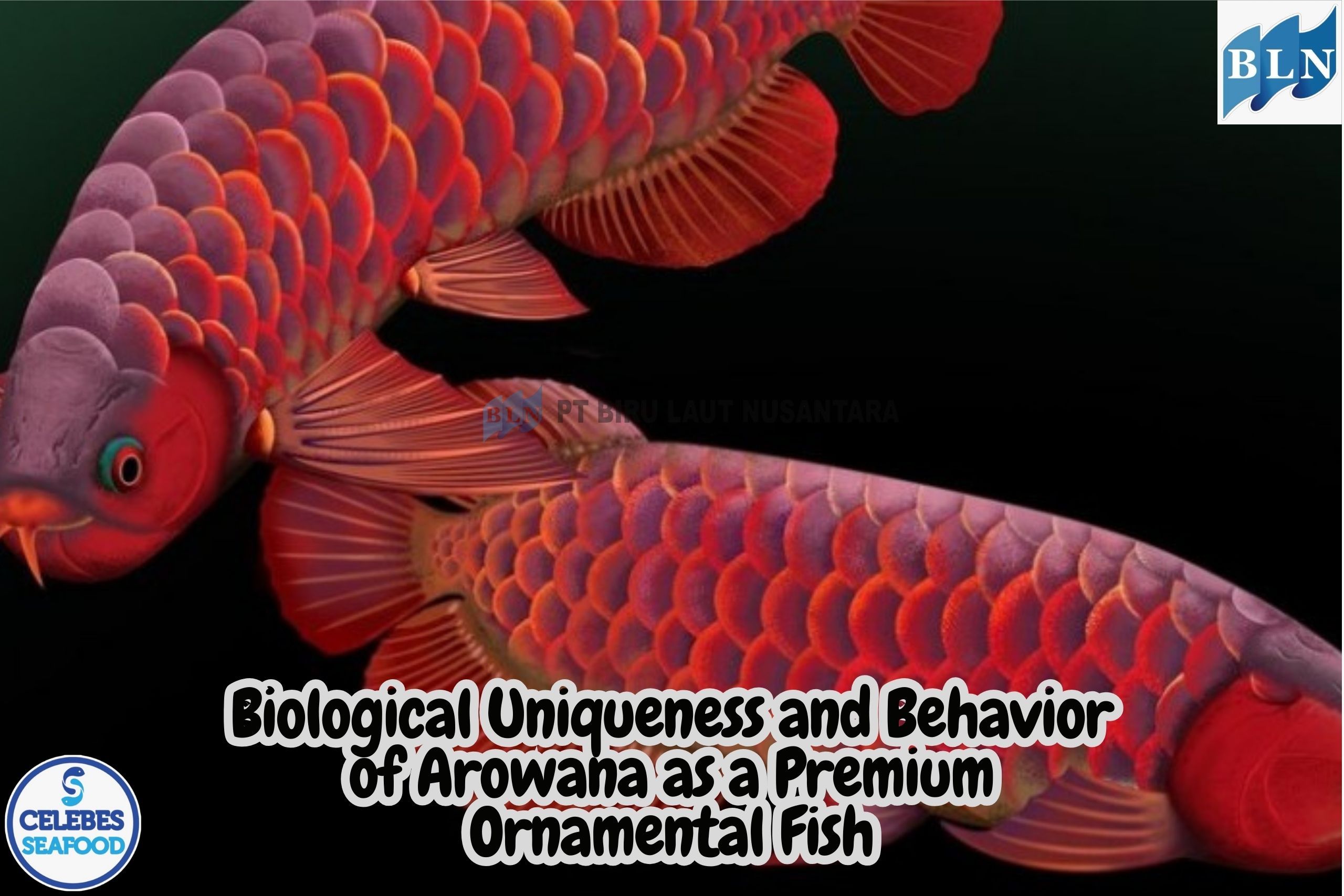Successes and Failures of Pelagic Fisheries Management in Indonesia
By. Amma - 28 Aug 2025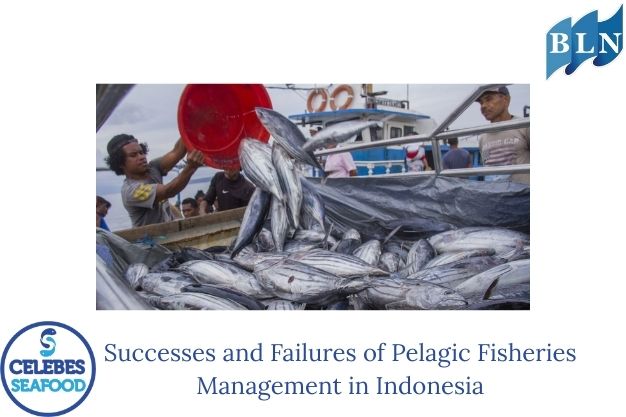
lautnusantara.com Indonesia, as the largest archipelagic nation, boasts abundant pelagic fish resources. Managing these resources is key to maintaining the sustainability of marine ecosystems and the livelihoods of millions of fishermen. Throughout history, efforts to manage pelagic fisheries in Indonesia have been marked by successes and failures, which have provided valuable lessons.
Successes: Steps Towards Sustainable Fisheries
In recent years, the Indonesian government has demonstrated a strong commitment to eradicating illegal, unreported, and unregulated (IUU) fishing, the greatest threat to pelagic fish populations. This initiative is led by the Ministry of Maritime Affairs and Fisheries (MMAF), with policies such as:
- Foreign Vessel Permit Moratorium: The temporary suspension of foreign vessel permits has successfully reduced large-scale illegal fishing.
- Illegal Vessel Sinking: This firm policy sends a strong message and has a deterrent effect, significantly reducing the number of foreign vessels poaching in Indonesian waters.
- Implementation of Fishing Routes: The government has also mapped out more regulated fishing routes for large vessels, aiming to reduce conflicts with traditional fishers and manage resources more effectively.
These successes have resulted in increased fish stocks in several waters. According to several reports, fishing in the Arafura Sea, which was once severely overfished by foreign vessels, is now showing signs of recovery. Skipjack tuna and mackerel populations have also reportedly increased in several locations.
Failures: Challenges Remaining
Despite significant progress, pelagic fisheries management in Indonesia still faces several major challenges that often lead to failures in implementation on the ground:
- Overfishing by Local Fishers: Increasing pelagic fish populations often lead to an increase in the number of local fishing fleets. The lack of effective oversight and regulation at the local level leads to overfishing by domestic fishermen, especially in areas with abundant resources.
- Lack of Accurate Data: One of the biggest problems is the lack of accurate and comprehensive scientific data on fish stocks in each fishing area. Without this data, it is difficult to determine sustainable catch quotas and monitor fish population status in real time.
- Social Conflict: Policy implementation often triggers conflicts with local fishermen. For example, restrictions on certain fishing gear, such as trawl nets, are often opposed as they are perceived as threatening their livelihoods. The failure to find solutions that accommodate the needs of traditional fishermen poses a serious obstacle.
- Weak Oversight: Despite patrols, the vastness of Indonesian waters makes oversight extremely challenging. Limited resources and personnel are often exploited by unscrupulous parties to engage in illegal fishing practices.
Overall, Indonesia has demonstrated courage in taking much-needed decisive action. However, the sustainability of pelagic fisheries depends not only on law enforcement but also on the ability to scientifically manage resources, build fisher participation, and resolve conflicts of interest. Balancing economic growth and ecological sustainability is a challenge that must be continually addressed.
If you are interested in our Coral Trout Fillet Skin On, CORAL TROUT WGG WHOLE GILLED GUTTED please do not hesitate to contact us through email and/or whatsapp.
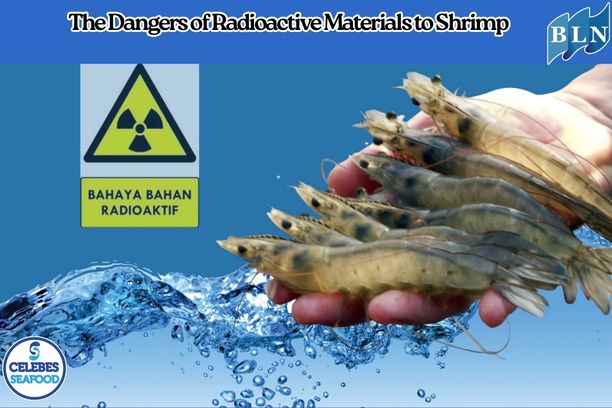
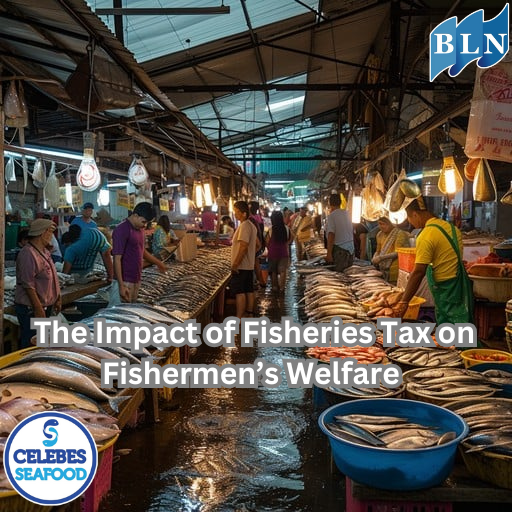
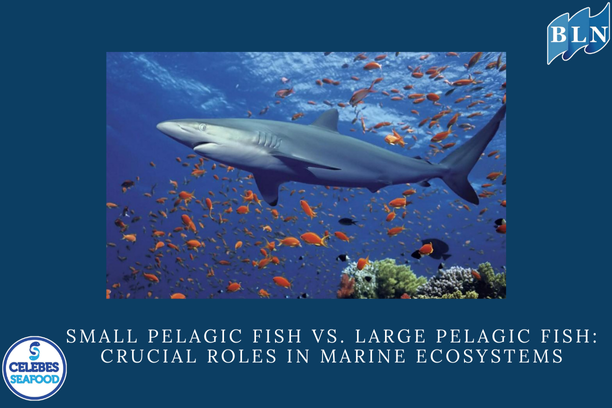
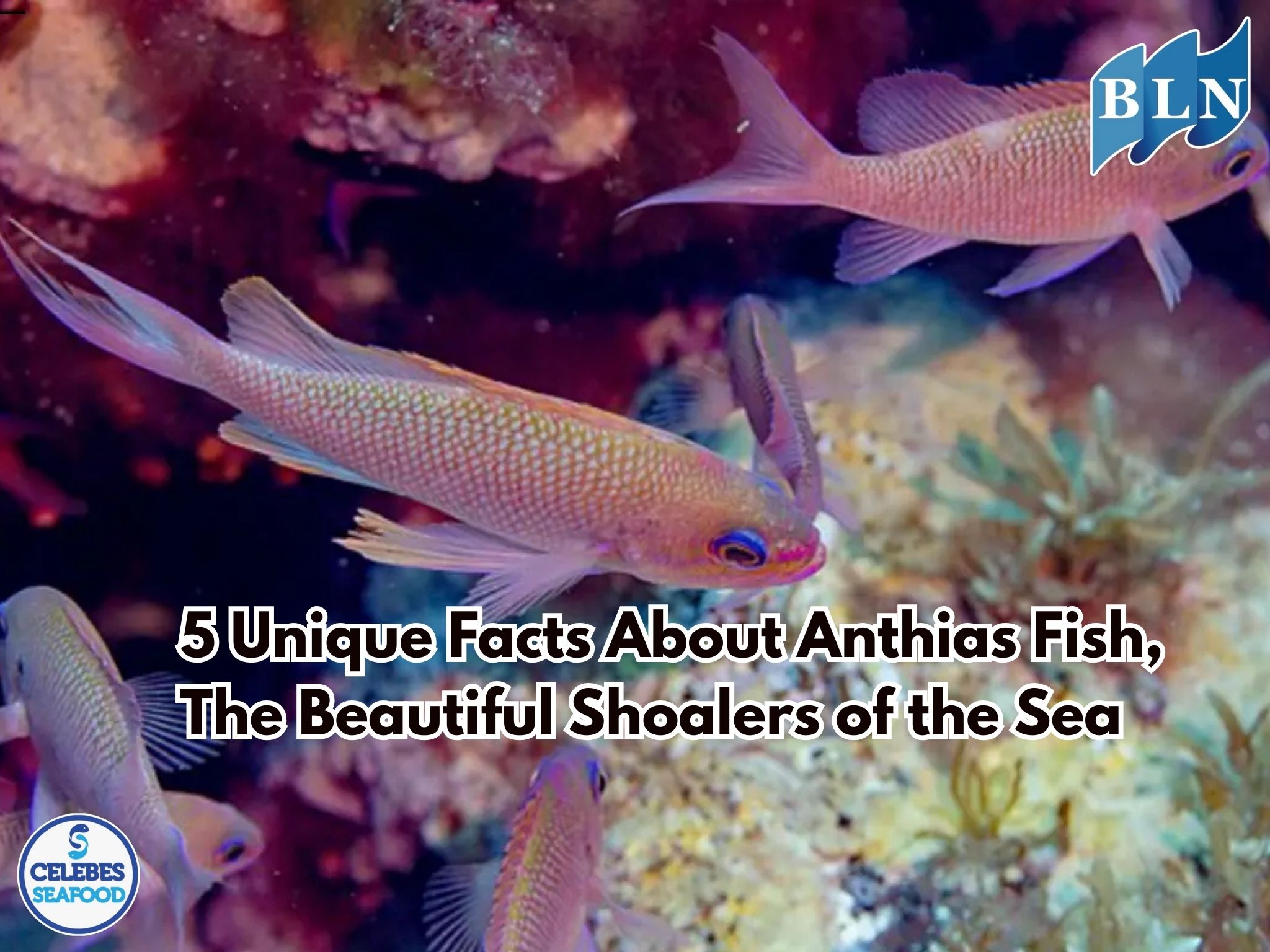
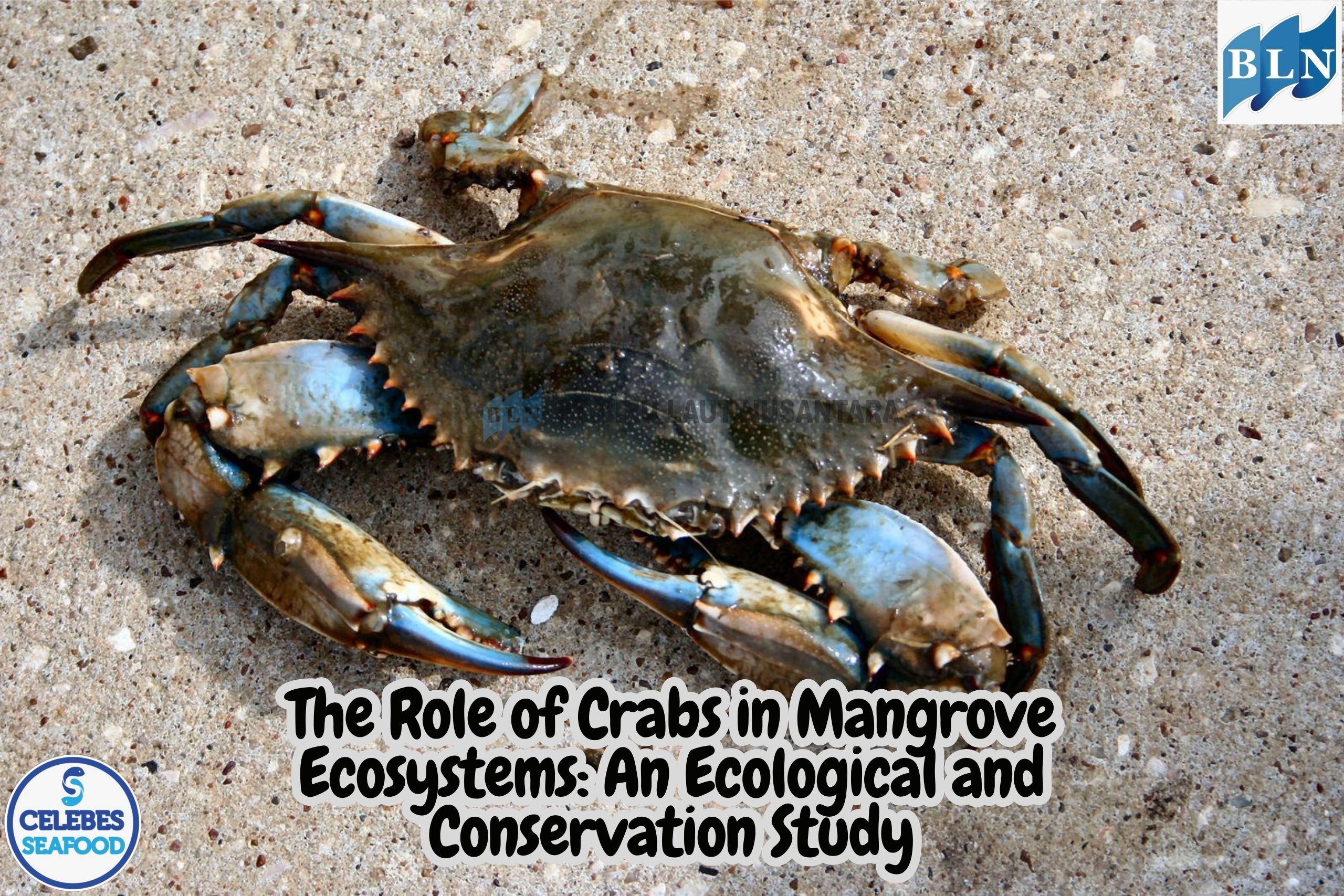

 on the Seabed.jpg)
